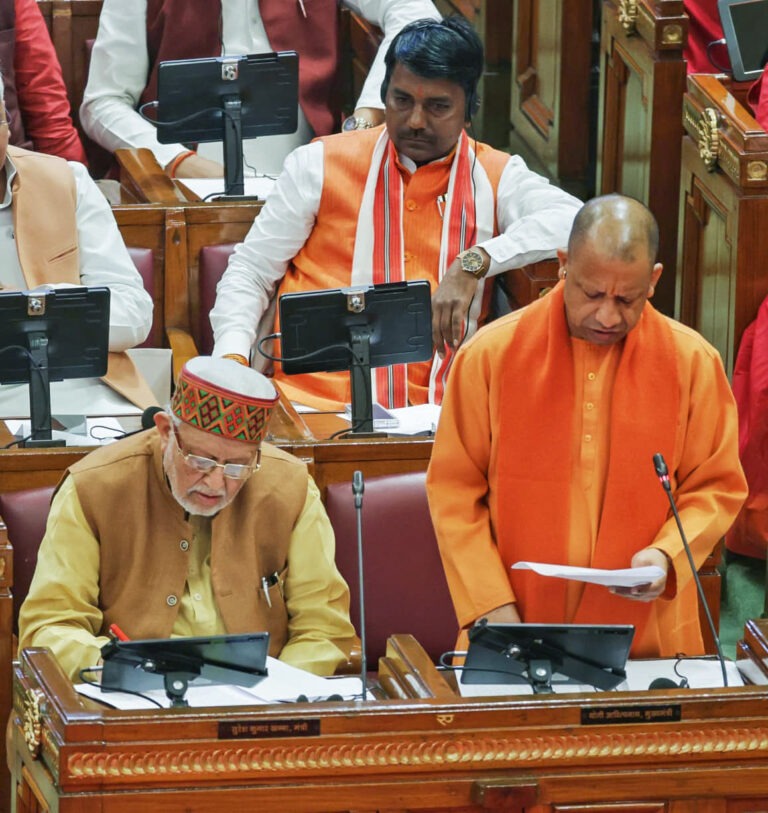
Pralhad Joshi launched a ₹100 crore scheme for biomass-based green hydrogen
New Delhi. Union Minister for New and Renewable Energy Pralhad Joshi announced a fresh, ₹100-crore call for proposals specifically targeting green hydrogen pilot projects from biomass and waste materials. The initiative operates under the flagship National Green Hydrogen Mission (NGHM). Addressing the 3rd International Conference on Green Hydrogen (ICGH 2025) at Bharat Mandapam, the Minister affirmed that the NGHM vigorously accelerates India’s clean energy shift. It simultaneously creates substantial job opportunities, successfully attracts vast investments, and firmly positions India as a global hub for green hydrogen.
Green Hydrogen: A Global Decarbonisation Solution
The Minister emphasized the profound global significance of the Mission. He stated that the NGHM, launched in 2023 with an outlay of ₹19,744 crore, functions as “not only a national programme but a global solution to decarbonise hard-to-abate sectors.” Joshi noted that the launch of the Mission marked a decisive new phase in India’s clean-energy revolution. Here, green hydrogen receives positioning as the “fuel of a new civilization” and the crucial key to long-term energy independence. Minister Joshi also highlighted the significant progress under the Strategic Interventions for Green Hydrogen Transition (SIGHT) programme. The government has successfully awarded incentives for 3,000 MW per annum of domestic electrolyser manufacturing capacity and 8.62 lakh metric tonnes per annum of green hydrogen production. He pointed out that India now proudly records the world’s lowest green ammonia price at ₹49.75 per kg for 7.24 lakh MTPA of production.
Green Hydrogen: Boosting Innovation
Announcing the new ₹100 crore initiative for biomass-based hydrogen pilots, Minister Joshi stressed its importance alongside the existing ₹100 crore already sanctioned for start-ups under the Mission. The government will implement the new scheme through the Biotechnology Industry Research Assistance Council (BIRAC). This strategic implementation aims to actively encourage broad participation from industries, start-ups, and research institutions. Joshi confirmed that the initiative will substantially strengthen the innovation ecosystem and actively demonstrate new, cost-effective technologies capable of accelerating India’s overall hydrogen transition.
Standards, Skills, and Global Competitiveness
The Minister further highlighted the comprehensive framework supporting the Mission. India aims to exclusively power all green hydrogen production through renewable energy sources. The government has already approved 43 hydrogen-related skill qualifications and successfully certified over 6,300 trainees. Robust regulatory frameworks, including the Green Hydrogen Standard (2023) and Certification Scheme (2025), are now firmly in place, complemented by 128 technical standards. Joshi asserted that with global economies adopting carbon-border adjustments, green hydrogen has quickly evolved into an economic necessity, not merely an option. He concluded that India is strategically positioning itself to lead in clean value chains by ensuring growth that is both highly competitive and fundamentally climate-resilient.





